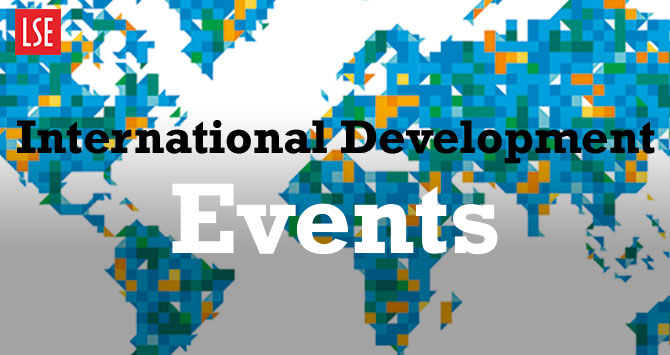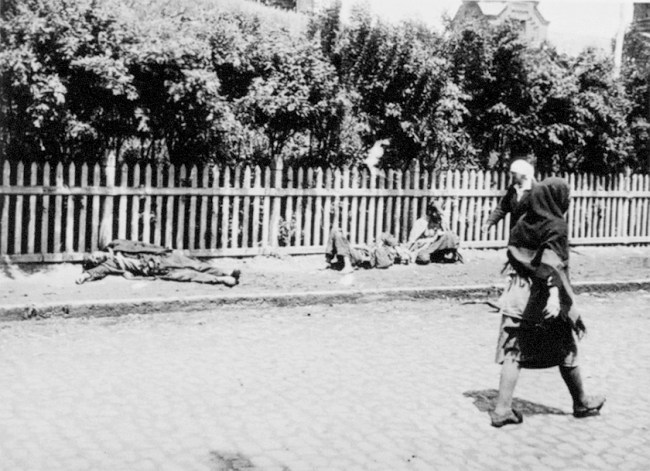MSc Social Policy and Development alum, Asmat Kakar, shares with us case studies from young beneficiaries of the Technical and Vocational Education and Trainings (TVET) in Balochistan, Pakistan.
Advancement in human development is imperative for the socioeconomic development of any country. Therefore, forward looking and well advised governments always give priority to policies, strategies and programmes for improving human development. One of the key components of human development focused programmes is the Technical and Vocational Education and Trainings (TVET). Pakistan, with its bourgeoning young population has prioritized the provision of technical and vocational educational skills to its young population. Pakistan, with financial support of European Union, has recently launched TVET Sector Support Programme initially set out to train 0.2 million youth by 2019. Till now, 8,500 TVET teachers have been trained on pedagogy skills, and 886 men and women recent graduates have received technical vocational training. Apart from this, EU under Balochistan Rural Development and Community Empowerment Programme (BRACE) is giving auspicious opportunities of TVET to more than 1,5000 households’ members in rural Balochistan. The effectiveness of such programmes can be seen from below given tremendous evidences of success stories.
The evidence about the efficacy of TVET supports the claim that it results in improving peoples’ lives by increasing their means of livelihoods. The success of benefits of such programmes is not only confined to urban centres and specific genders but populations in rural areas particularly youth and women who have equally gained access to opportunities of earning income after getting TVET skills.
It is an indubitable fact that without the participation of skilled youth and women in economic activity no country can realize the socioeconomic stability and prosperity. In District Kech in Balochistan province, youth and women in rural areas, after getting TVET skills, have started taking active part in the economic activities. During my recent visit to district Kech, I learnt that the rural households had prioritised TVET for their family members in the Micro Investment Plans. The support organisations then facilitated the provision of TVET skills. During the visit I had an opportunity to meet with some of the beneficiaries of TVET and their success stories are discussed below.
“My family’s financial conditions were very bad before getting TVET. My husband barely found casual work opportunity to earn some income because he has no marketable skills. Living in such a miserable situation was very tough, particularly for the family’s children and women. In 2015, my household became member of Sohrani village Community Organisation (CO) part of Ginna Local Support Organisation (LSO) formed by National Rural Support Programme. In my Micro Investment Plan, I identified that I had the potential to benefit from TVET. In 2016, I was recommended by my CO for TVET supported by the Programme for Poverty Reduction. I attended a one-month training course on dressmaking from the Institute of Rural Management. After getting the training, I began to work. During the wedding season, I earn PKR 10,000-15,000(USD 85-100). Otherwise, I earn about 3,000-4,000 PKR per month. I had to quit my studies after matriculation due to of lack of financial resources but now I have resumed my education at Girls Degree College at Turbat and my husband fully supports my decision. Being a member of CO and availing TVET provided a huge relief to me and to my family”, said Miss Nasreen Baloch.
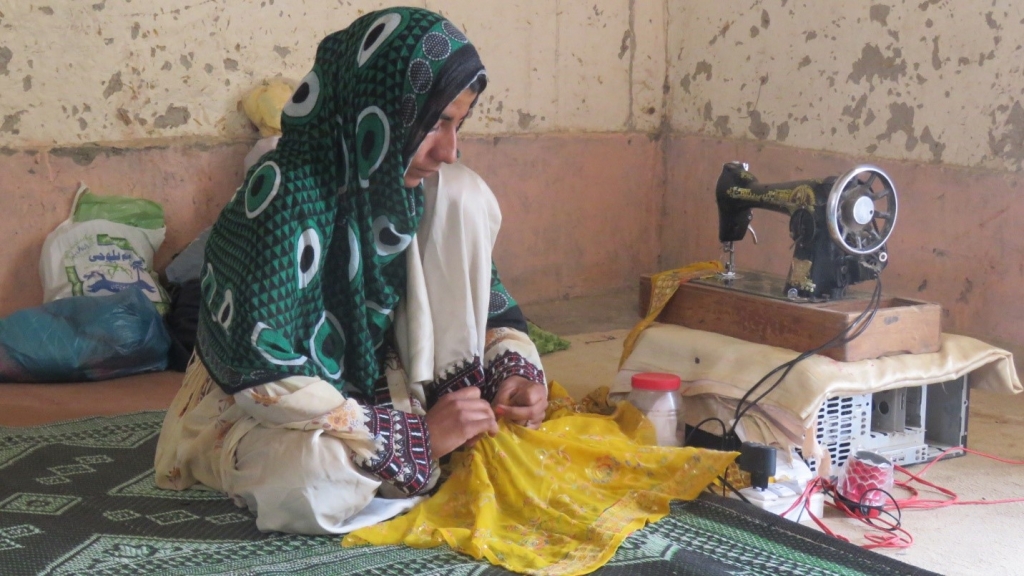
When it comes to vulnerability, youth is considered one of the most vulnerable age bracket. That is why they need special attention and skills to contribute positively to their respective community. Mr. Gorham Ali Baloch is 22 years young and an active member of Danook village CO. He has done higher education certificate in science but was jobless because of lack of employment opportunities. “Having no job is like living a purposeless life. In 2013, my household became member of Danook CO and from there I started participation in community service voluntarily. In 2016, my family prepared the Micro Investment Plan and identified that I could benefit from TVET. My CO recommended me for TVET. I attended a one month course on Motor Winding skills training from the Institute of Rural Management at Jamshoro. Now, I have my own mechanic shop and earn PKR 2,000-3,000 (USD 15-25 per day). Earlier, my father was the only source of our household’s income, now I also make significant contribution. I am also training my younger brother after his school so that he can also support me. My six siblings are now attending a school and this is a big change in my family’s conditions”, Mr. Gorham said.
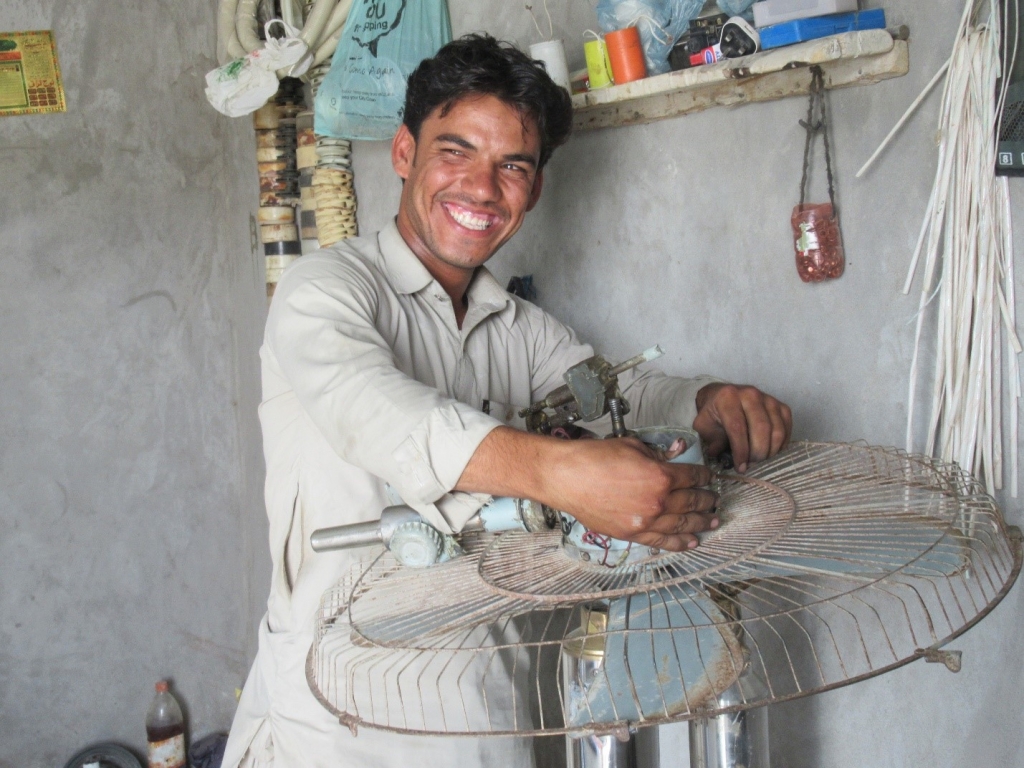
Mr. Baqir Ali is a polio victim, and is now completely dependent on a wheelchair for his movements. He comes from a very poor family. Two years ago, he used to beg, sitting along the roadside, to feed his destitute family. “In 2016, Shaytger village CO identified, selected and recommended me for TVET. I got 10 days training about puncture repair from the Institute of Rural Management. NRSP also provided me puncture repair tools and equipment, and now I earn PKR 400-600 (USD 3.5 – 5.2 per day and contribute to my family’s income. In my native village, generally people insult disabled persons, a nd don’t consider them as useful members of society unless they contribute economically. After getting training provided by NRSP from Programme for Poverty Reduction, I have observed change in people’s perception particularly of my own family members who now considers me a very valuable member of the family”, Mr. Baqir stated.
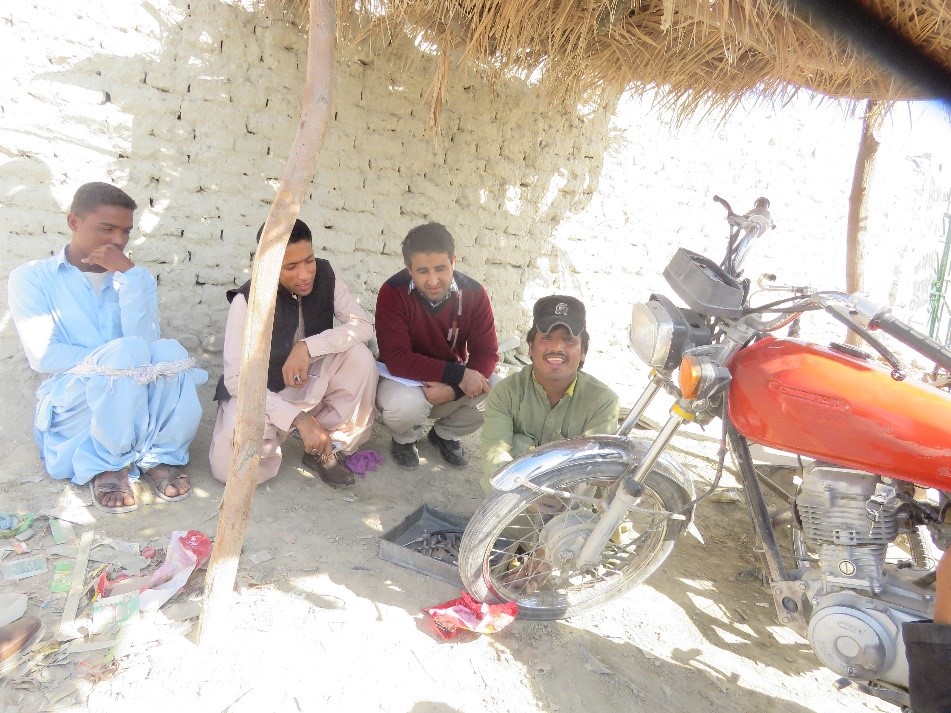
It is encouraging that government of Pakistan, with support of European Union and other donor agencies, is making adequate efforts to equip more women and young people with TVET skills for improving their households’ income. Undeniably, provision of TVET skills to women and youth is a key factor in economic development and there is a great need of formulating polices to extend such programmes to all young people living in rural areas and involve them in economic activities. In current era, it is high time that all young people should be equipped with TVET skills in the larger national interest and in this regard the federal and provincial governments should pay special attention and allocate more funds so that more young people can benefit and contribute to national development.
Asmat Kakar (@asmatkhan19), Monitoring and Evaluation Officer for European Union Funded Balochistan Rural Development and Community Empowerment Programme. He completed his MSc in Social Policy and Development at the London School of Economics and Political Science in 2016.
The views expressed in this post are those of the author and in no way reflect those of the International Development LSE blog or the London School of Economics and Political Science.


